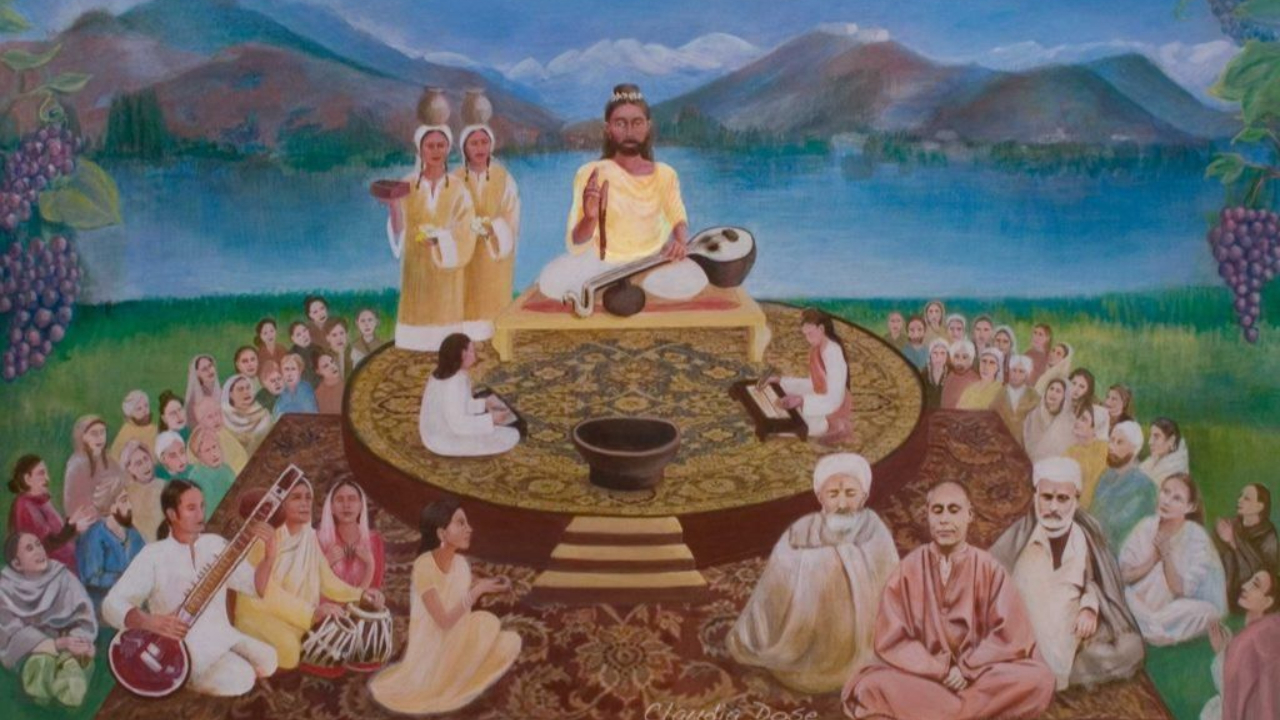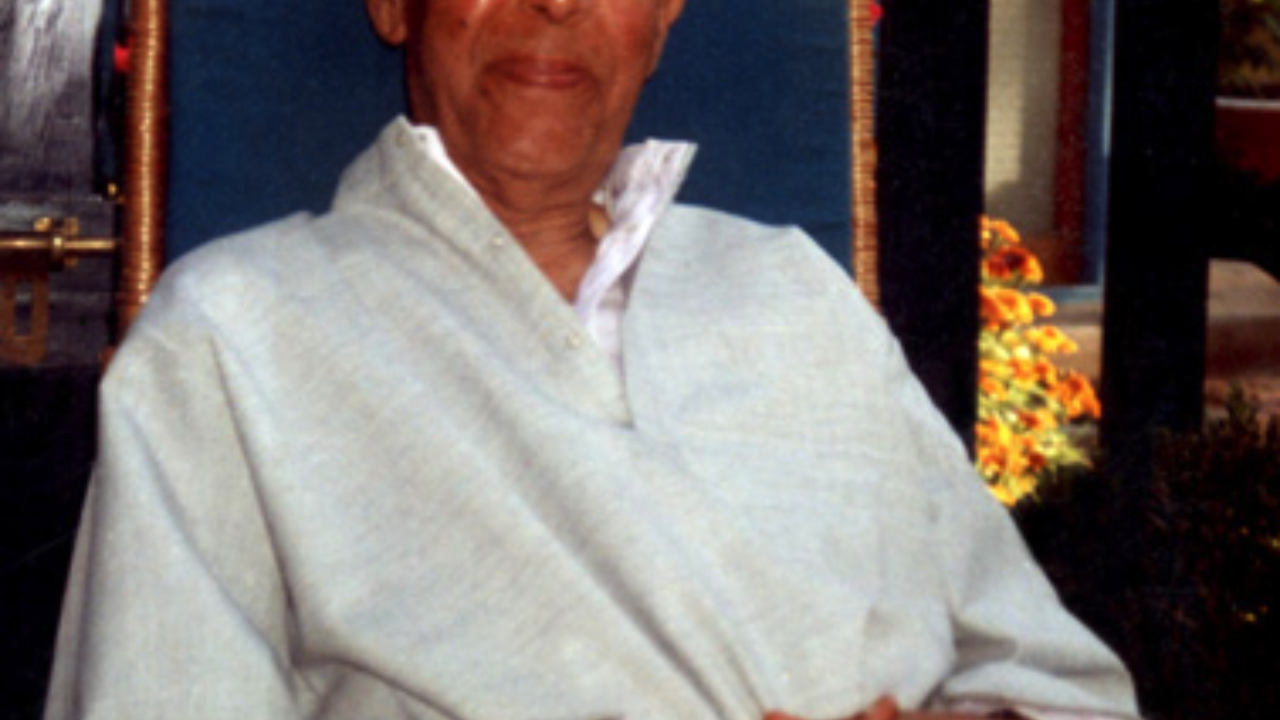
What does it mean, “When you reside in your self, you will reside in this whole universe”? This and the background of the corresponding verse from the Shiva Sutras: The Supreme Awakening – First Awakening is explained here by Swami Lakshmanjoo in this small but potent excerpt from the book (This is not a transcript of the audio).
The Shiva Sutras were “found” by sage Vasugupta under a rock at the foot of the Mahādeva Mountain as revealed to him in a dream by Lord Shiva. He read them thoroughly...
A painting of Abhinavagupta with Swami Ram, Swami Mahatabkak, and Swami Lakshmanjoo,
Depiction of Abhinavagupta taken from a pen-picture (see verses below).
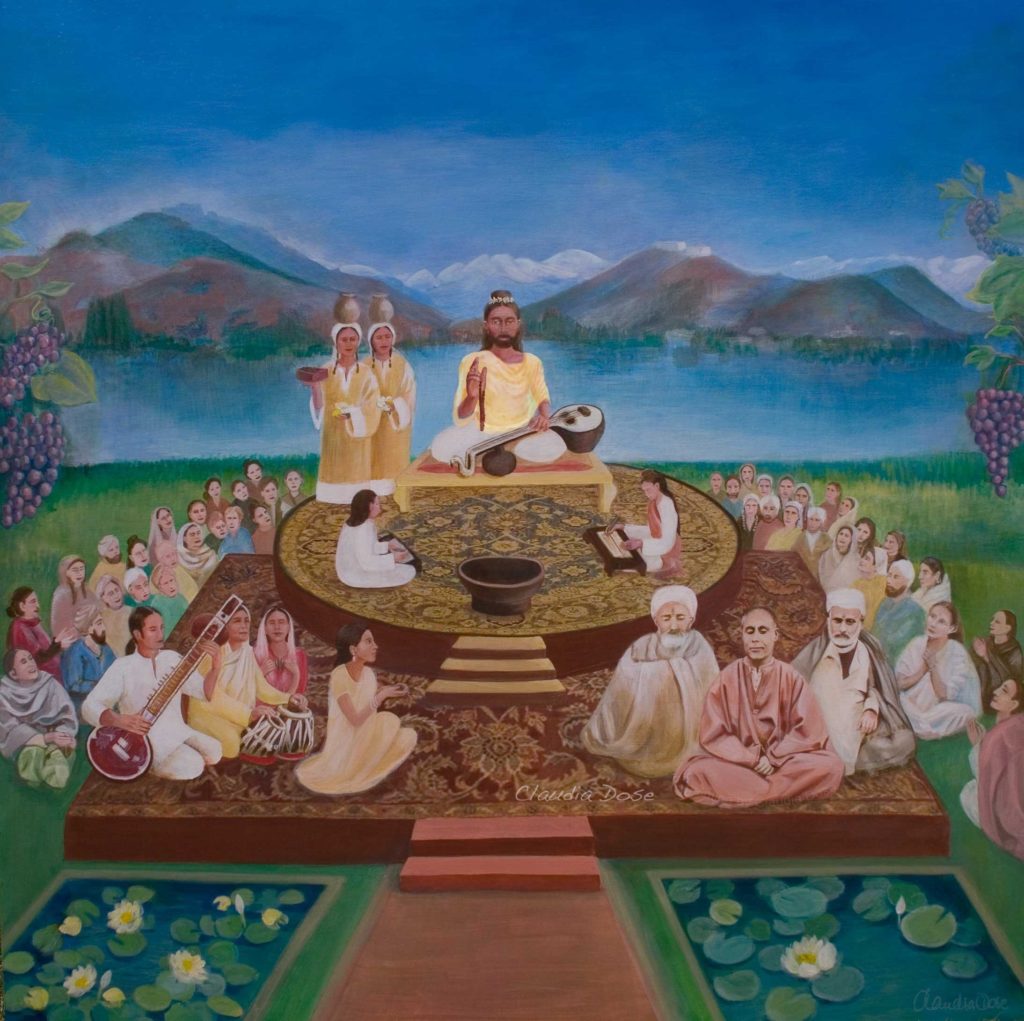

“May the glorious Dakshinamurti in the form of Abhinava, who is an incarnation of Shrikantha (Lord
...

Here Swami Lakshmanjoo reveals how to remain devoted amidst the turmoil and ups and downs of life.
This translation is taken from Utpaladeva’s devotional text: Hymns to Shiva, Utpaladeva’s Shivastotravali.
“Let me be . . . in crisis or peaceful, or miserable or happy . . . by the intensity of Thy devotion . . . I don’t mind.” ~Swami Lakshmanjoo
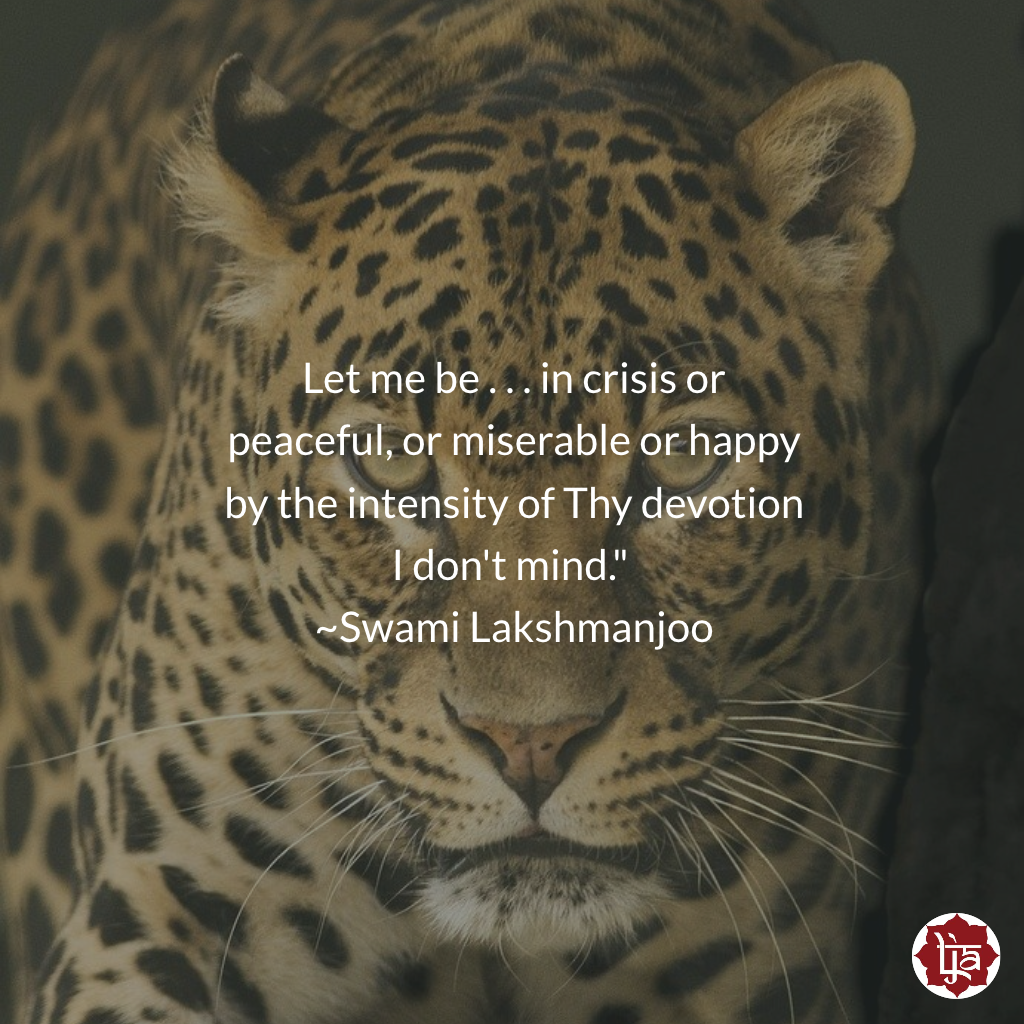
Chapter 16 (11:36)
विषमस्थोऽपि स्वस्थोऽपि रुदन्नपि हसन्नपि ।
गम्भीरोऽपि विचित्तोऽपि भवेयं भक्तितः प्रभो ॥८॥
viṣamastho’pi svastho’pi r...
The festival of Maha Shivaratri, the "Night of Shiva', is celebrated throughout India and the world by sincere devotees of Shiva.
In Oregon (Pacific Coast Time), we will privately celebrate Maha Shivaratri, according to the Kashmiri calendar, on Saturday evening, February 14. Please note: this is one day earlier than the rest of India, which follows the Vedic calendar.
Swamiji suggested spending the night meditating as long as one wishes, followed by a light meal before retiring to bed.
Wishi...
In verse 50 from The Magical Jewel of Devotion in Kashmir Shaivism – Stava Cintamani, by Bhaṭṭanārāyaṇa, Swamiji explains that “The beginning of all activities and the end of all activities only shine in the cycle of the body of Your God consciousness“. And then “There is no joy more than the joy of Your devotion” (verse 51 of this devotional text of Kashmir Shaivism).
आरम्भः सर्वकार्याणां पर्यन्तः सर्वकर्मणाम् ।
तदन्तर्वृत्तयश्चित्रा-स्तवैवेश धियः पथि ॥५०॥
ārambhaḥ sarvakāryāṇāṁ...

The Theory of Reflection, pratibimabavāda, is one of the core principles of Kashmir Shaivism. In this excerpt from Chapter 4 of his book Kashmir Shaivism The Secret Supreme, Swami Lakshmanjoo reveals to us this unique principle as Abhinavagupta has written in his famous Tantraloka.
“The Universe, as we see it, is a reflection in the mirror of God-consciousness.” ~Swami Lakshmanjoo
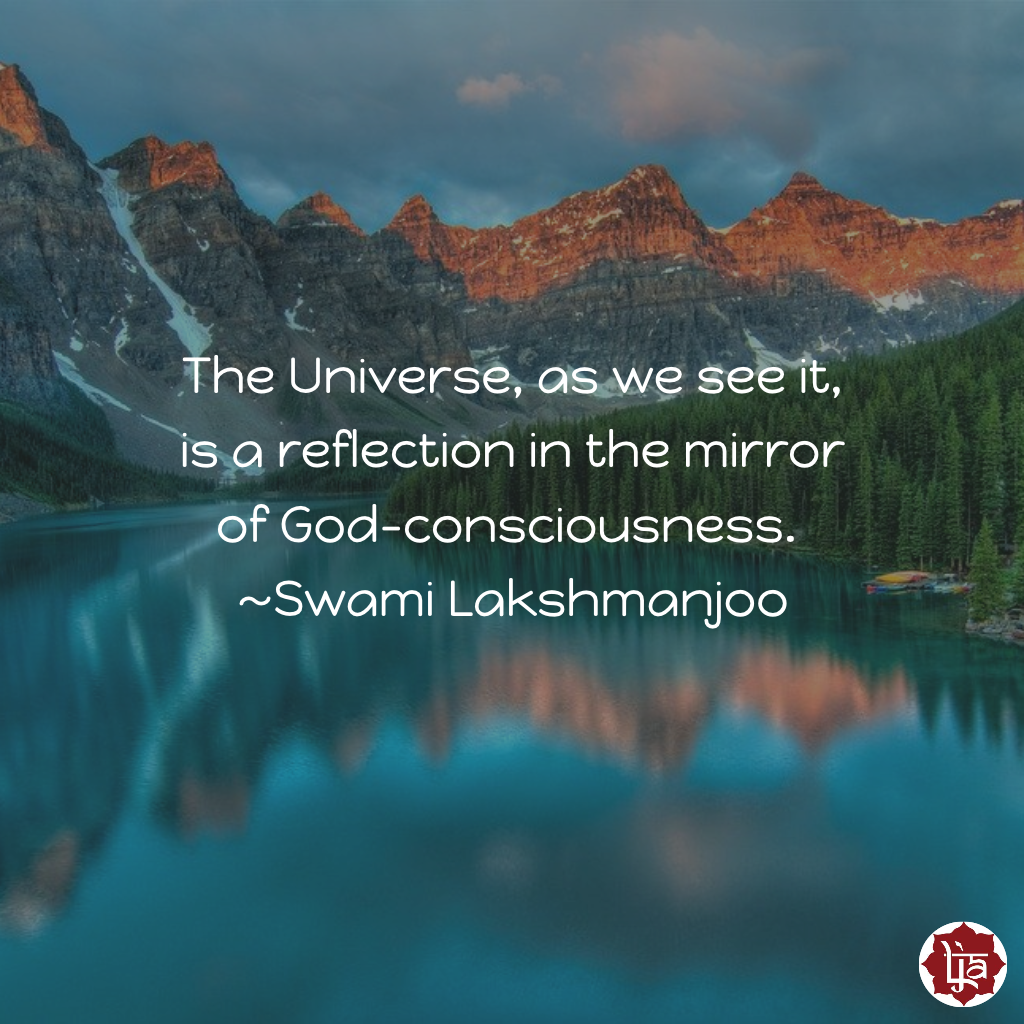
Just as in a fine, clean mirror, where there is no dust, it’s spotless, a refined and absolutely clear ...
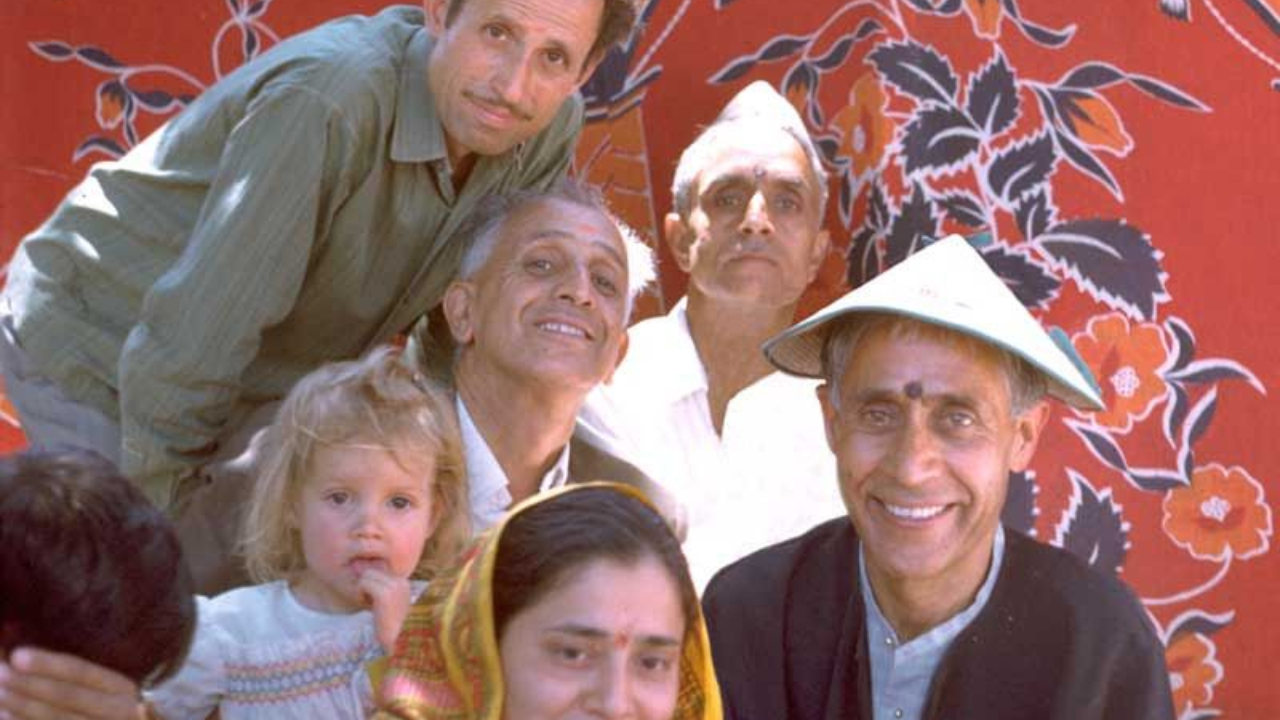
These verses from the Hymns to Shiva, Utpaladeva’s Shivastotravali, as illuminated by Swami Lakshmanjoo, reveal a profound vision of devotion in Kashmir Śaivism—one in which worship is no longer confined to ritual acts, but permeates the entirety of lived experience. The devotee does not merely perform pūjā; rather, the whole universe is felt as the substance of worship itself.
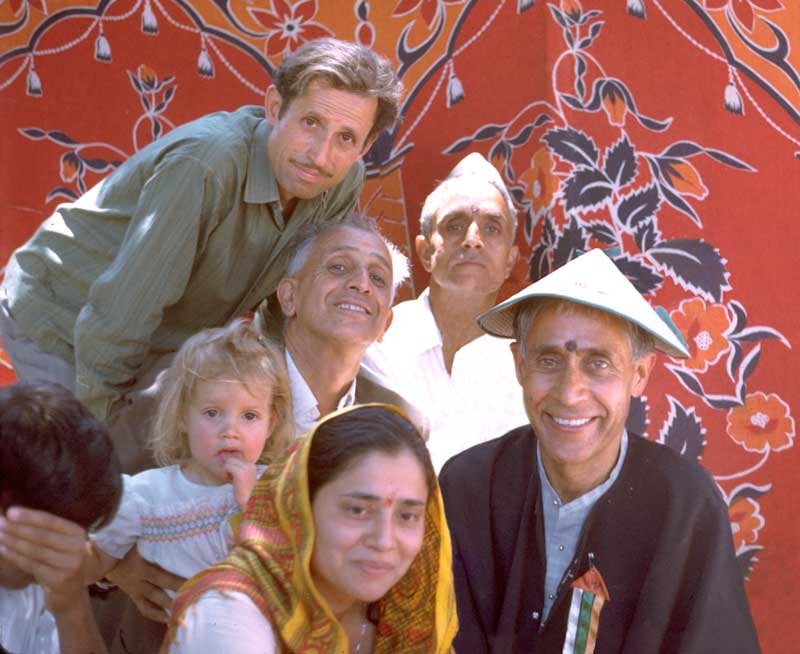
Chapter 17 (43:29)
पूजोपकरणीभूतविश्वावेशेन गौरवम् ।
अहो किमपि भक्तानां किमप्येव च लाघवम् ॥३५॥
pūjopakaraṇ...
In verse 40 of the third awakening of the Shiva Sutras, The Supreme Awakening of Vasugupta, Swamiji explains how we are often drawn outward toward the objective world rather than inward toward awareness of our true nature. In verses 41 and 42, he then describes what happens when consciousness is firmly established in that inner reality.
This edited excerpt comes from the original audio recordings of The Śiva Sūtras: The Supreme Awakening as revealed by Swami Lakshmanjoo. It continues from verse...

This is the continuation of a previous lecture on the Bodhapañcadaśikā by Abhinavagupta, who wrote the [15 verses of wisdom]. In this part, Swamiji is explaining the 10th verse…
“Time only appears; it does not exist.” ~Swami Lakshmanjoo

तेषु वैचित्र्यमत्यन्तमूर्ध्वाधस्तिर्यगेव यत् ।
भुवनानि तदंशाश्च सुखदुःखमतर्भवः ॥१०॥
teṣu vaicitryam-atyantam-ūrdhvādha-stiryageva yat /
bhuvanāni tad-aṁśāśca sukha-duḥkham-atir-bhavaḥ // 10 //
In the previous śloka he has explained that these varie...
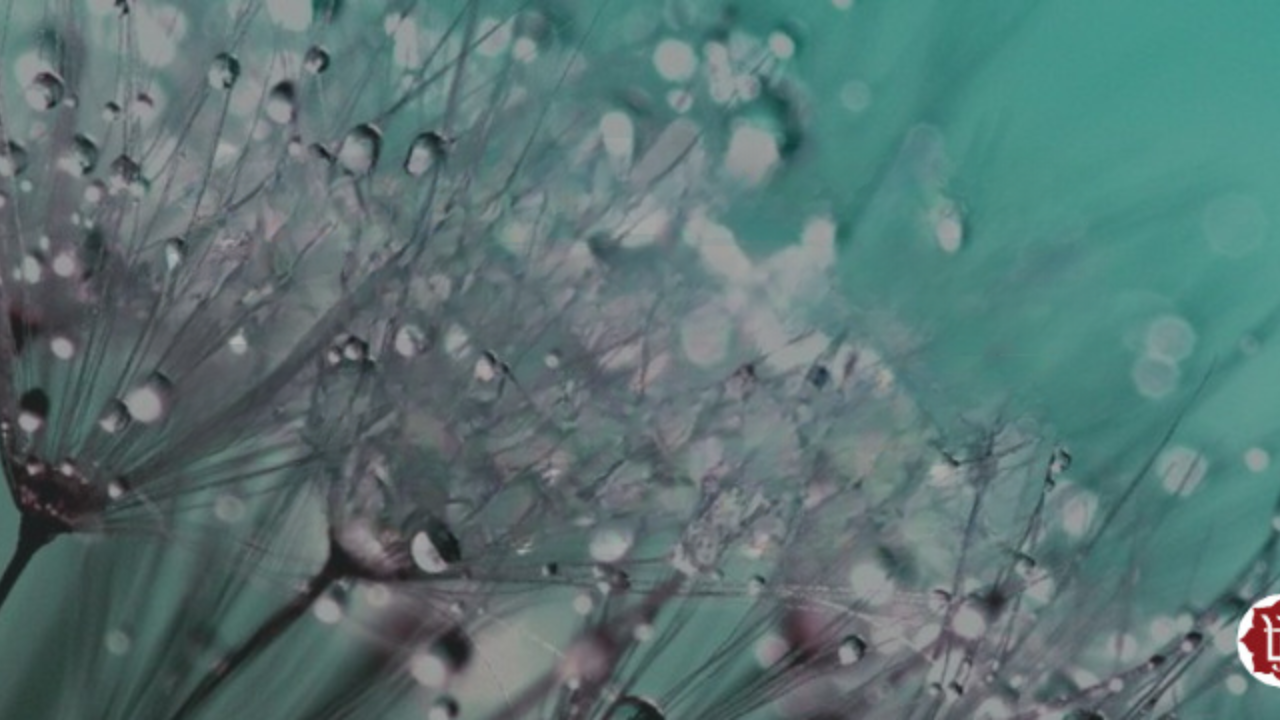
In this excerpt from the book Light on Tantra in Kashmir Shaivism, Abhinavagupta’s Tantraloka, Chapter One, Swami Lakshmanjoo explains the nature of ignorance in Kashmir Shaivism.
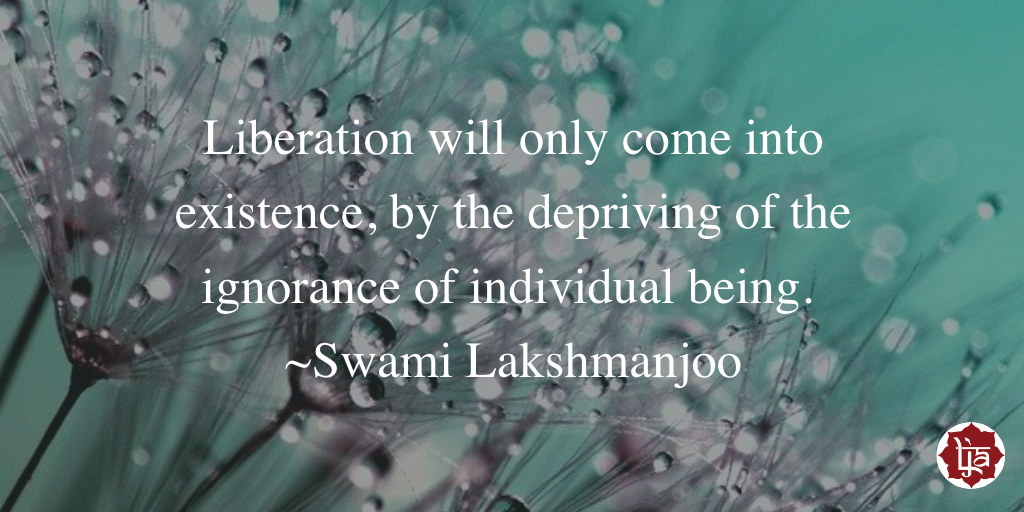
General Introduction
A) The nature of Ignorance (22–30)
Audio 1 – 42:04
इह तावत्समस्तेषु शास्त्रेषु परिगीयते।
अज्ञानं संसृतेर्हेतुर्ज्ञानं मोक्षैककारणम्॥२२॥
iha tāvatsamasteṣu śāstreṣu parigīyate /
ajñānaṁ saṁsṛterheturjñānaṁ mokṣaikakāraṇam //22//
In this world of spirituality, everywhere, in each and every ...
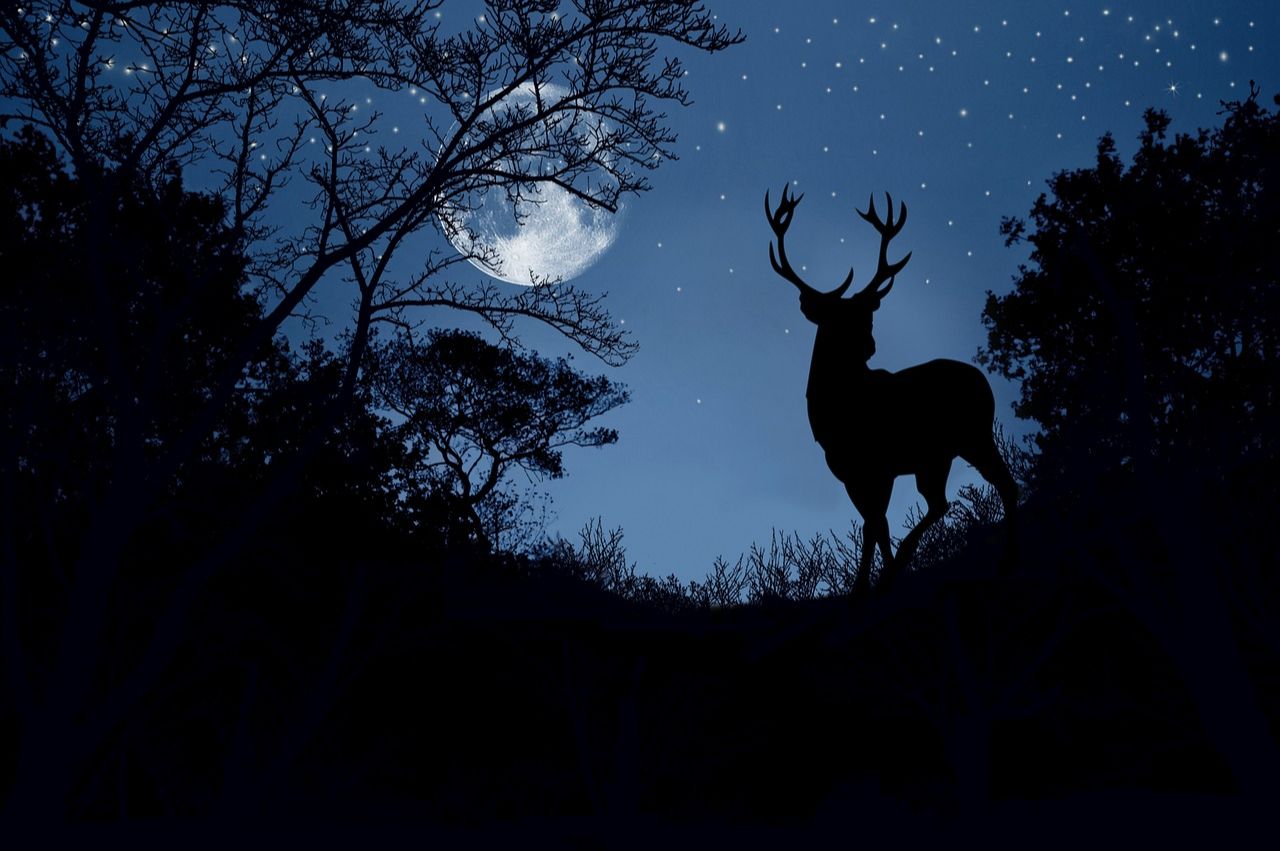
In this verse of the Bodhapañcadaśikā, Swami Lakshmanjoo reveals a striking truth: it is through not knowing—not seeing the true nature of time or our own awareness—that we become entangled in saṁsāra. And even this confusion, he explains, is not a mistake but part of the divine freedom (svātantrya) of Lord Shiva. Continuing from the previous teaching on the illusion of time, Swamiji shows how ignorance itself is crafted by the divine play, and how, for those who remain unaware of their own unkn...
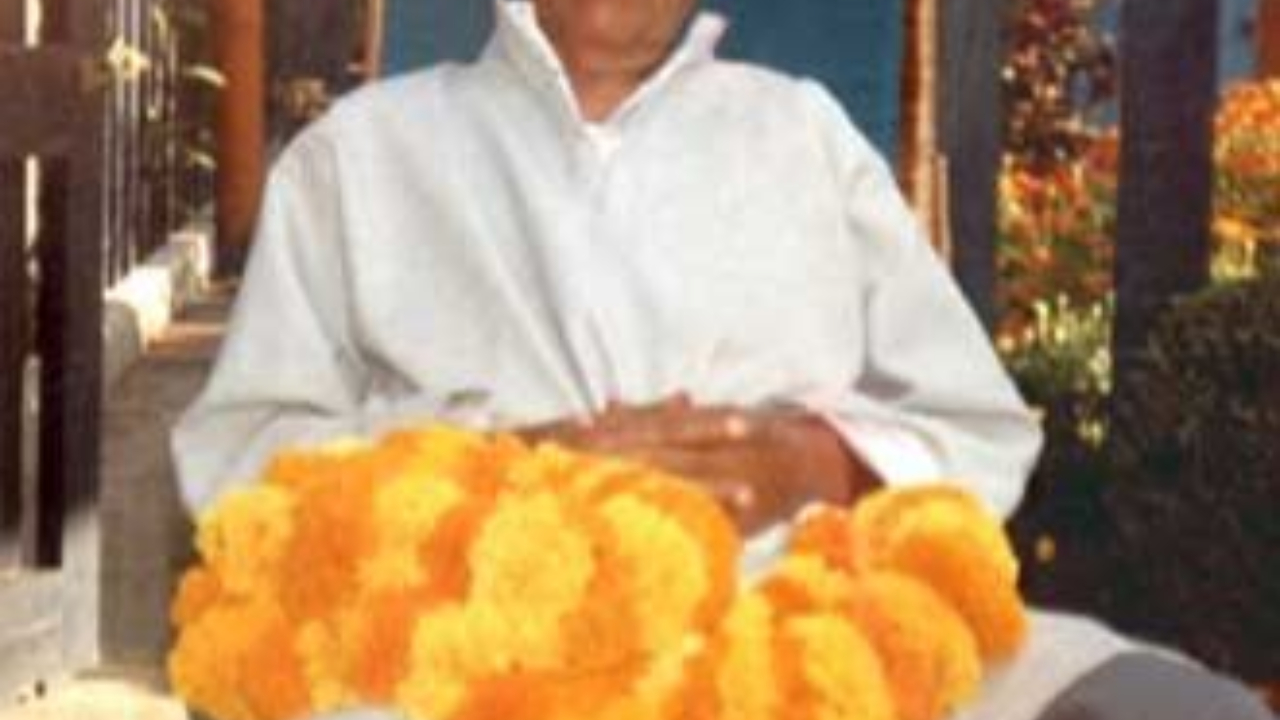
In this excerpt from the Parātrīśikā Laghuvṛitti, Swami Lakshmanjoo illuminates anuttara, that which is unparalleled and beyond. This is from an unpublished transcript of the original audio from the archives of the Lakshmanjoo Academy.
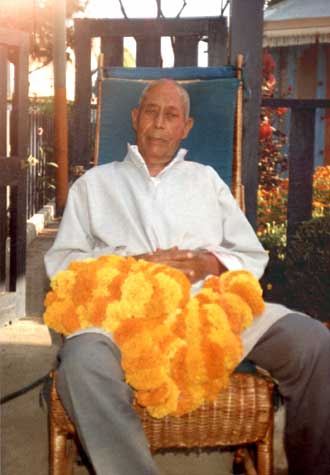
[divyarūpatvena] pratyakṣābhāvātparokṣeṇa tadetaducyate
Now he explains here the anuttara. And anuttara is, because of its divinity, divya rūpatvena, being divine, it is not understood by the organs of senses. Pratyakṣa abhāvāt it can’t be pratyakṣa. Pratyak...

